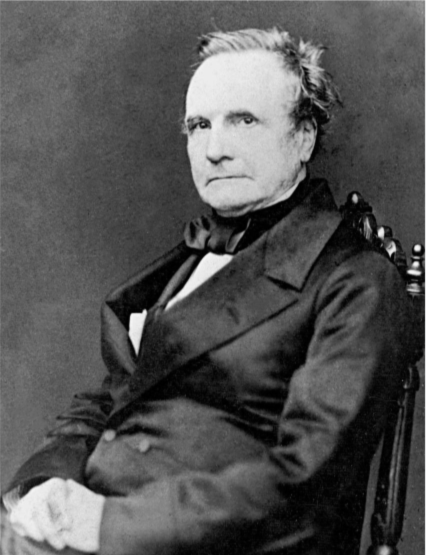
Birth: August 17, 1936
Death: Still Alive
Major Academic Events: Hamilton started studying mathematics and philosphy at Earlham College in Richmond, Indiana until 1958. After teaching high school mathematics, she and her husband moved to Boston. She planned to study abstract mathematics at Brandeis University. However. she accepted a job at MIT instead to program software to predict weather.
Contributions to Computer Science: She developed uidance and control systems for the Apollo missions. She focused on software to fine system errorsand retrieve information in the case of a computer crash. In the beginning of the 1960's, she was part of the Sem-Automatic Ground Environment project (First U.S. air defense system) While there, she wrote software to find enemy aircraft. At 1976, she cofounded “Higher Order Software” made to prevent errors in software. She established Hamilton Technologies 10 years later, also made to prevent errors.
Sources:
Birth: June 23, 1912
Death: June 7, 1954
Major Academic Events:After attending a top private school, he enrolled at King’s College (University of Cambridge) to study mathematics from 1931-1934. Later, recieved a fellowship to that same college due to his research on probability theory in 1935. He went on to Princeton University to earn his PhD in mathematics, completing it in 1938.
Contributions to Computer Science: Turing and others designed the Bombe Code Breaking System during the autumn of 1939 and spring of 1940 (WW2). This electro-mechanic machine supplied aliies with lots of military intel from the enemies. In 1945, Turing designed ACE (Automatic Computing Engine)to be the first all-purpose digital computer. Although it was not built due to engineering difficulties and was not the first computer ACE was supposed to have much better memory than early computers. While building ACE, Turing had the idea of “building a brain.” In a paper he published later in 1950, he proposed the Turing Test (the "brain") to determine whether a computer could stimulate human thinking. This test laid a part of the foundation for AI.
Sources:
Birth: December 26, 1791
Death: October 18, 1871
Major Academic Events: He attended Trinity, Cambridge to study mathematics in 1810. He later graduated from Peterhouse, Cambridge in 1814 and recieved his master's degree in 1817.
Contributions to Computer Science: He designed the difference engine which was an early calculating machine of its time. Not only that, but in he also developed plans for the analytical machine, a precursor to the modern computer. Sadly, the difference machine was ceased from building because the machinist refused to continue until he was repaid. The analytical machine was never built as all of Babbage's designs were forgotten.
Sources:


